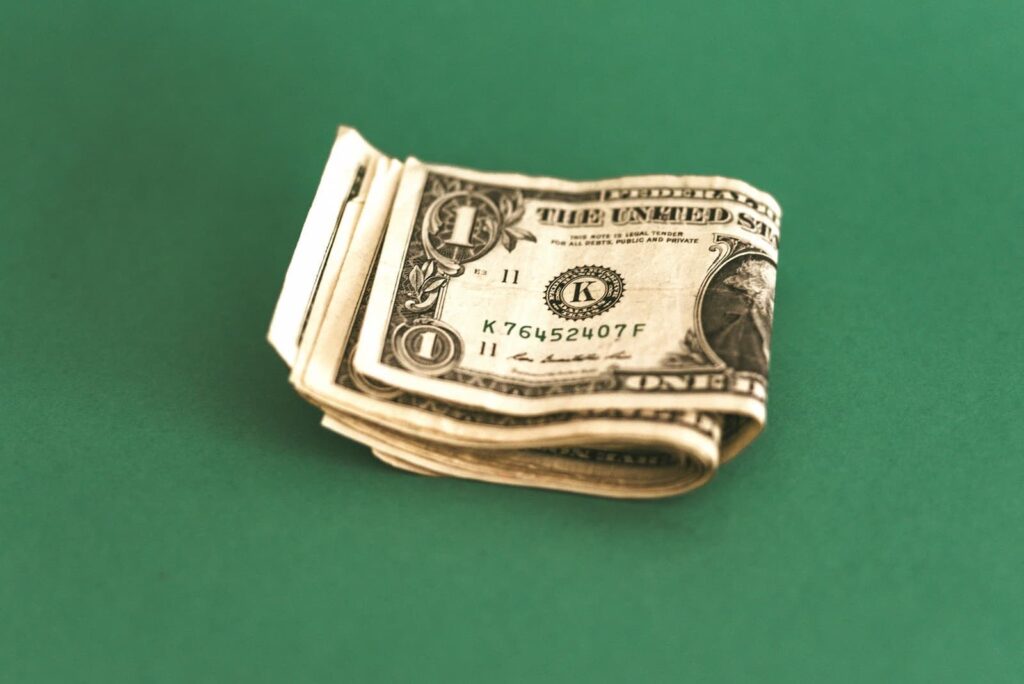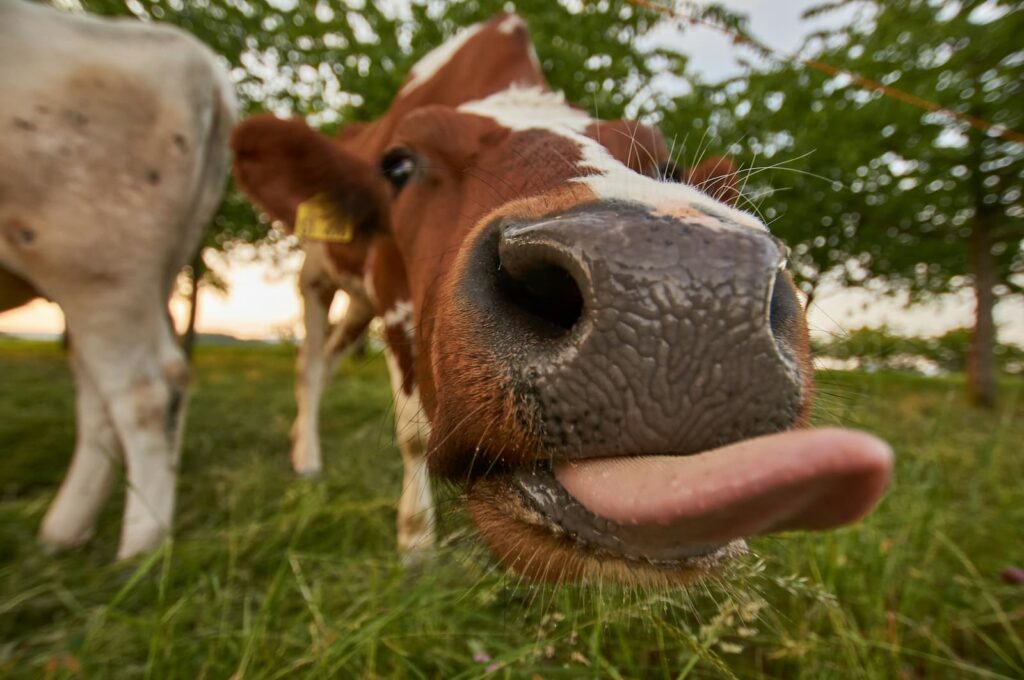
Money Talks! 15 English Idioms About Money

Money has many different names in English, but it's also the subject of many common idioms. Some of these idioms refer to negative things about money, while others are about earning it or even pressuring others to spend it.
This time, we'll introduce 15 words and phrases all English students who want to be fluent should know. Learn them all and see how many you can use in your own English conversations.
English Idioms About Money
Money makes the world go ’round

This phrase is about the importance of money in our modern world. It's generally used with a negative nuance.
Bring home the bacon
This expression refers to earning money in order to take care of a family or household.
Be careful: Although this idiom is common, "bacon" alone isn't normally used as a name for money.
Love and affection are important, but I also need someone who can bring home the bacon!
Breadwinner
A "breadwinner" is the person in a household who earns the majority of the money.
My partner is the main breadwinner while I'm working on launching my own small business.
Nickel-and-dime
These two words for coins are used together as a verb. If you're being "nickel-and-dimed," you're being charged many small fees that add up to a large fee.
Many travelers are angry about airlines nickel-and-diming them with hidden charges and extra fees.
Look/feel like a million bucks
A million dollars is a lot of money — although not quite as much as it used to be! Regardless, this term is used when someone looks or feels great.
Megan walked into the room looking like a million bucks.
My diet and exercise routine are really working; I feel like a million bucks!
Put money away for a rainy day
When talking about money, "a rainy day" refers to a financially difficult time that may happen in the future. Therefore, people often advise others to prepare by saving money now.
You should put a little of your money away for a rainy day.
Cash cow

Just like real cows produce milk, a "cash cow" produces money. Cash cows can be people, products or services that are very financially successful.
The Star Wars and Marvel series have been cash cows for Disney, the company that owns them both.
Burn a hole in one’s pocket
If money is "burning a hole in your pocket," it means you're very eager to spend it.
I received my tax refund yesterday and it's burning a hole in my pocket. I'm going shopping!
Break the bank
Piggy banks are cute containers for coins that many children have as their first experience saving money.
These banks are likely the origin of "break the bank," which means spending a large amount of one's money. After all, breaking the piggy bank is the only way to get the money out!
That's too expensive. I want it, but I don't wanna break the bank to get it.
Money is the root of all evil
This expression refers to the bad things people do to get money. However, this is actually an incomplete quote from the Christian Bible. The full quote is: "For the love of money is the root of all evil." In other words, the desire to get money is what leads to bad things, not money itself.
"For the Love of Money" is also a classic song by the American soul group The O'Jays that's all about the bad influence money can have on people.
Money talks
Although money itself doesn't speak, it's definitely an effective way for people to communicate!
Use this short phrase to talk about the power of money to influence people and situations.
The restaurant seemed full when we arrived, but money talks; I gave the waiter $20 and he quickly got us a table by the window.
Put your money where your mouth is
We use this expression to provoke someone to match their words with actions. Sometimes these actions involve betting or investing money, but not always.
He's so confident he can beat me in a race, but he's too scared to put his money where his mouth is.
Tighten your belt
Someone who eats a lot may need to loosen their belt when their belly gets full. If they don't eat much, however, they'll probably need to tighten their belt when they lose weight.
Similarly, this idiom refers to reducing the amount of money you spend, usually because there isn't much of it.
Many people are tightening their belts due to worries about the economy.
This is used in the same way as the similar expression "tighten one's purse strings."
After years of needing to tighten our purse strings, we can finally afford to live a more comfortable lifestyle.
Make ends meet
If you're "making ends meet," you have enough money to live a basic lifestyle (i.e., pay for rent, food, bills, etc.), but little money for anything else.
With inflation increasing, more and more people are finding it difficult to make ends meet.
Money to burn

The opposite of making ends meet is having much more money than you need. We say people in this situation have "money to burn."
Many of the workers are struggling to make ends meet while their managers have money to burn.
Of course, burning money is a crime in the US, so this is only a figurative expression!
Wrap-up
Money can either be a fun or a serious topic to discuss; it all depends on the context and the people in the conversation. Prepare yourself for a variety of situations by learning these colorful expressions.
And don't forget that you can practice using them in a friendly lesson with an Engoo tutor — without breaking the bank!



